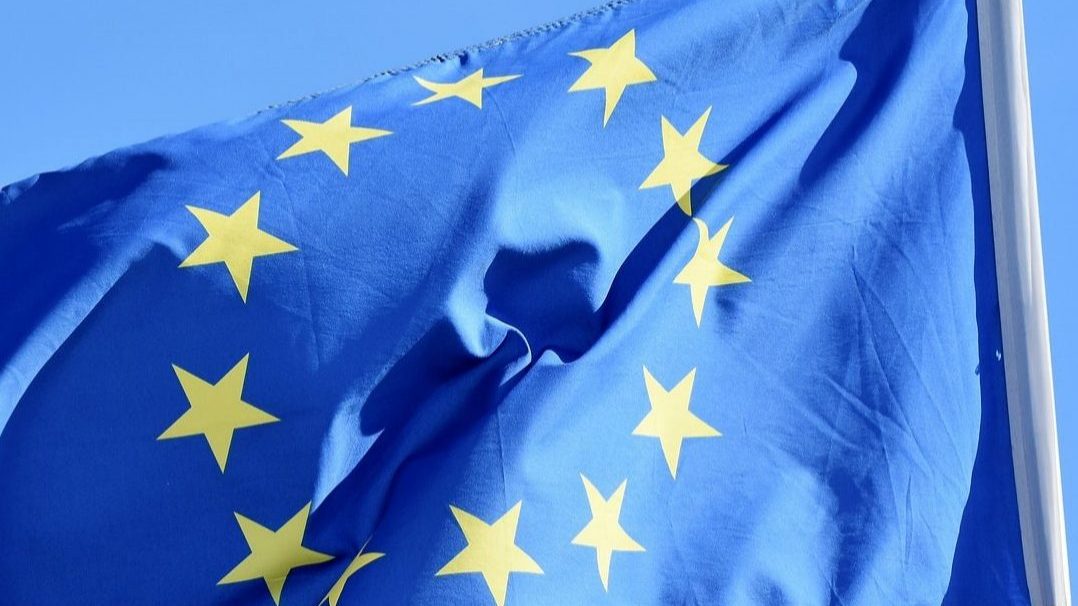Spanish tax hikes pushing investment to Portugal
Alberto Núñez Feijóo, the leader of the Spanish People's Party, considers the increase in some taxes in Spain "a big mistake", which is "pushing" investments to Portugal.
The leader of the Spanish People’s Party (PP, in opposition) considers the increase in some taxes in Spain “a big mistake”, which is “pushing” investments to other countries, such as Portugal.
For Alberto Núñez Feijóo, it is a “big mistake” to tell “Spanish investors and Spanish assets” that in Spain “they are not welcome and can go to Portugal, where they are well received”.
The Spanish opposition leader was speaking in Cáceres, in the Extremadura region, at the 25th Family Business Congress, where he made these statements regarding the new tax package announced last Thursday by the Spanish government, led by the socialist party (PSOE).
For Feijóo, unlike the Spanish socialists, the Portuguese “are right”, in a country with a lower tax burden on donations, inheritances and assets and more flexible environmental regulations.
According to the PP leader, the Portuguese prime minister, António Costa, is a social democrat, but Spain’s, Pedro Sánchez, is not.
Feijóo, who had already praised Portugal’s tax policy last week, said that the fundamental thing in a country is to have companies, which cannot be stigmatised.
The Spanish government announced on Thursday a tax package that included reductions in personal income tax for low and middle incomes and a temporary new tax on large fortunes.
The reductions in the tax on personal income (IRS, which in Spanish is IRPF) will cover taxpayers earning up to €21,000 gross annually, the value of the average income in Spain, according to the finance minister, María Jesús Montero.
In parallel, there will be an increase in personal income tax on capital gains and other gains from investments, shares or dividends when they exceed €200,000 per year.
At company level, there will be tax reductions for the smallest companies, those with a turnover of less than €1 million per year, which the Spanish government expects to affect around 400,000 companies.
On the other hand, the creation of a new “solidarity tax” on large fortunes exceeding €3 million for two years, in 2023 and 2024, has been confirmed, which the Spanish executive justifies with the need to finance the response to the crisis generated by the war in Ukraine and inflation.
The tax on large fortunes joins other extraordinary taxes already announced, to tax banking and energy sector companies for two years, with the same aim of financing measures to respond to the current crisis.
On the consumer level, the package foresees a decrease in VAT on feminine hygiene products, from 10% to 4%.
Between the tax increases and decreases announced on Monday, the Spanish government estimates a positive net income for the State of €3.114 billion in the next two years, which it considers to be the result of “a fairer model” for distributing the financial effort across society as a whole.
Feijóo criticised this tax package on Monday, considering it only a tax hike to increase revenue by €3 billion, and reiterated the PP’s proposals for the benefits in IRS to cover incomes up to €40,000 and to lower VAT on more food.
The PP leader argued that “the obsession of economic policy should be to grow”, giving confidence to businesses, and called for “caution” in the face of a “disorbitant debt”.
Spain has seen a “fiscal war” in recent days, with regional governments announcing tax cuts and abolitions, to which the national executive has responded with this tax package and the creation of a temporary wealth tax.
This new tax had already been proposed by the Socialist government in response to announcements by PP-led regional governments to end or reduce by 50% the tax on wealth above €700,000 (excluding €300,000 of permanent housing), and which is a revenue of the autonomous regions.


